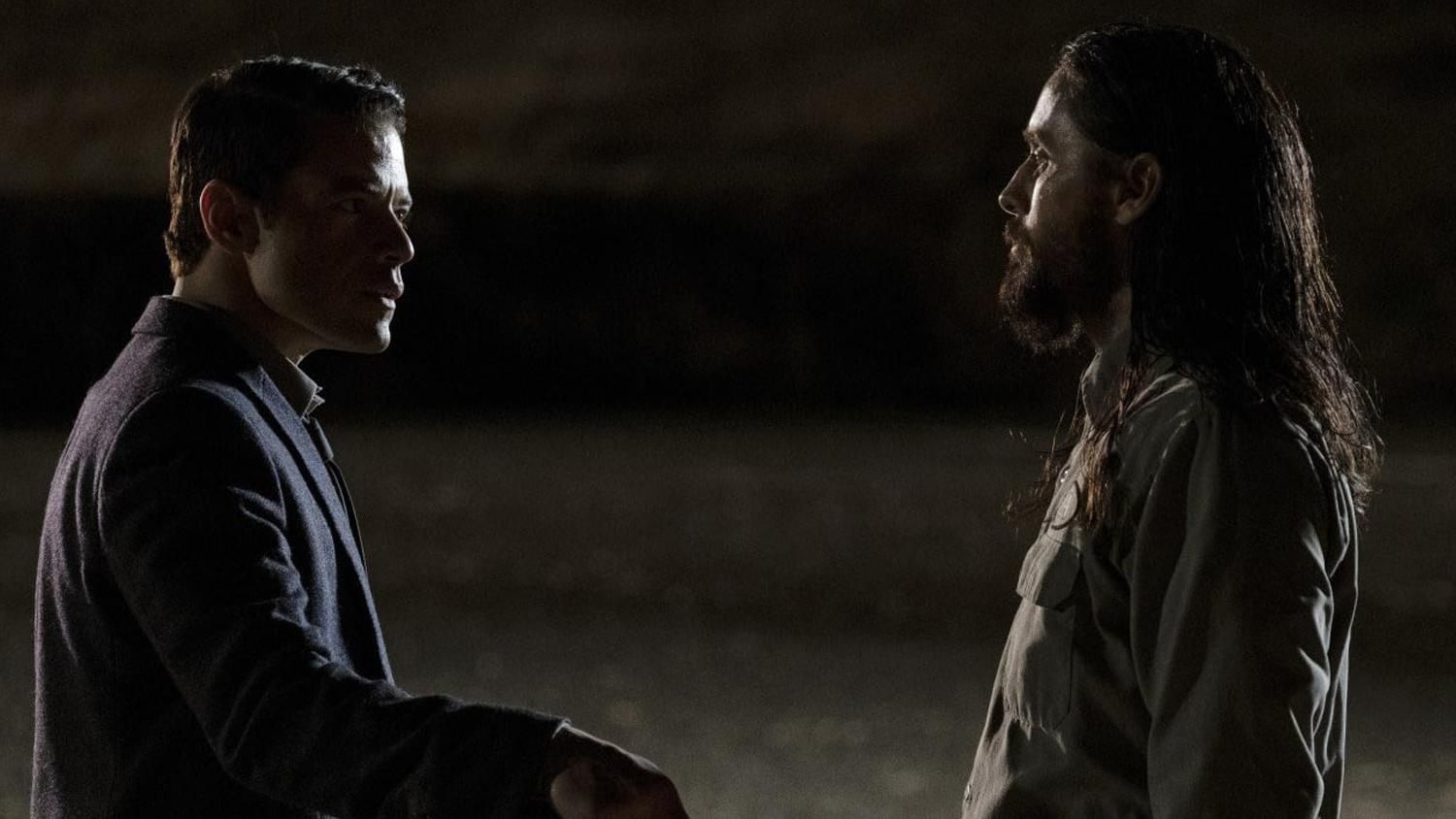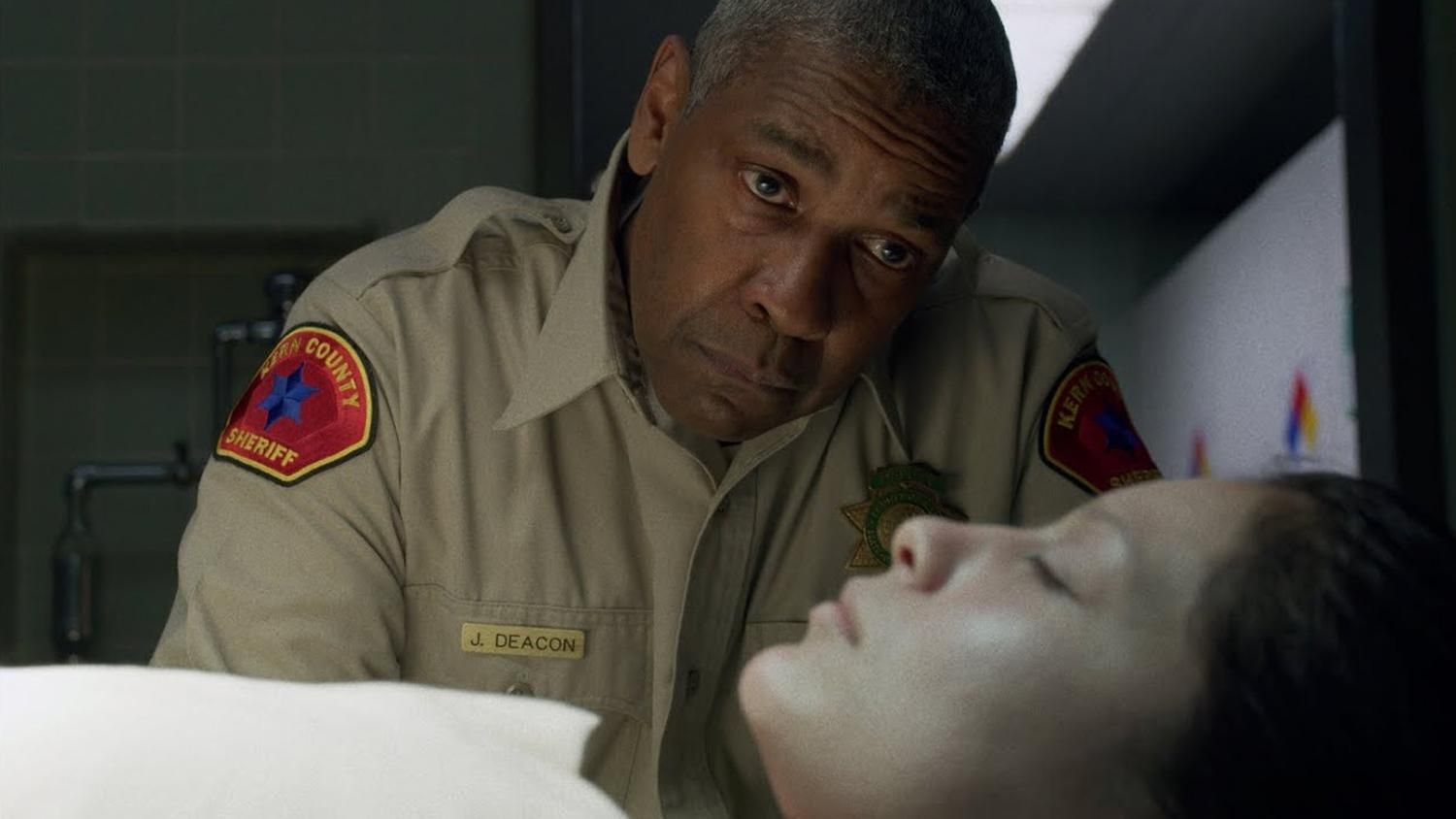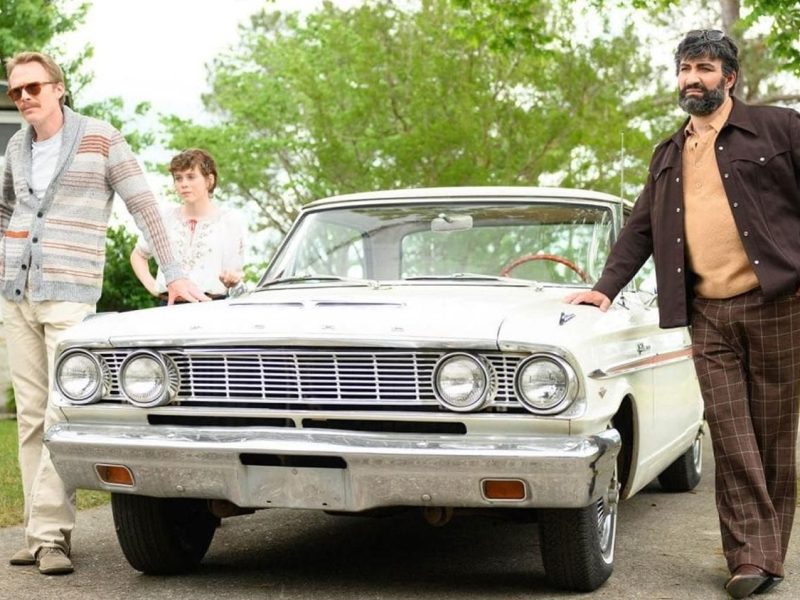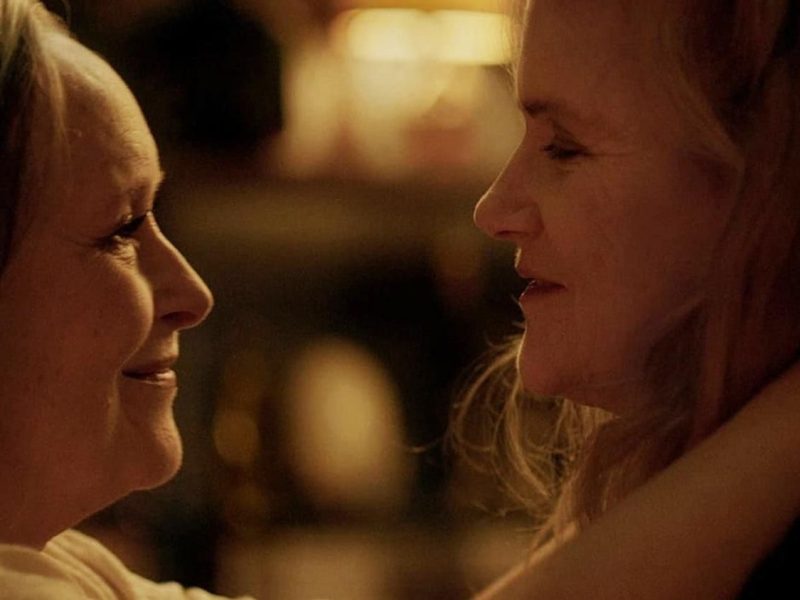The Little Things Review
The Little Things is a script written by writer-director John Lee Hancock (The Blind Side) has been working on since the beginning of the 1990s. And it's evident. It's not just because it's set in 1990 completely denying its criminals the modern conveniences of smartphones. It's style and look suggest it's a film from the past as one of those tough and steady-paced neo-noirs that are mid-budget that focus on flawed characters who are involved in a series of horrific crimes. The film's almost-directors included Clint Eastwood, Danny DeVito and, more bizarrely, Steven Spielberg, but it's Hancock himself who finally brought into the cinema 28 years after its inception in 1993. Unfortunately, despite having a prestigious casting, it's not worth the long wait.

Denzel Washington, naturally is always entertaining, and he brings all of his character-disclosing rigor to the role of Joe "Deke" Deacon who is a gray-haired police officer his wit and charm are complemented by a previous burnout incident. The trauma, as we're told caused the suspension of his license, divorce as well as a tripple bypass all in just six months. The drama unfolds over disjointed, fragmented flashbacks. Deke is paired with an elegant but tough young Detective Jimmy Baxter. Jimmy is played in the film by Rami Malek. He plays Jimmy so unwieldy that you're counting the time until you notice the first cracks in his stiff mannerisms.
The cracks that cause them are the film's main creepy factor that is the bizarre villain with quirks so frequently employed, it's almost obvious to be the actual killer. If… He's not? Or is the case? Then there's Jared Leto, sporting tooth-caps and a prosthetic nose fakey paunch, and a bow-legged strut like the sexy Albert Sparma, who goads and manipulates Deke and Jimmy with such ferocious and sexy fervor that he eats the entire scene he's in.
A complete dour affair.
The question of Sparma's guilt is the main focus of the story, particularly by focusing on the most recent victim who is a woman called Ronda (Maya Kazan) who's abducted but isn't yet necessarily killed. As with all his victims -the young women of all agesshe's not given much attention beyond her importance as a driving force in the story. The other characters are revealed as naked bodies on morgue slabs as well as gray-faced phantoms that appear in Deke's hotel room, beseeching for him to complete the task in a manner not exactly what you would expect from a character of this caliber. In other scenes, the female characters are reduced to boringly familiar characters like the loving wife as well as the ex-wife who has a torch in her hand as a sidekick detective who is performed by Natalie Morales, whose most memorable scene is when she makes an enormous, potentially fatal error.
It's not that they're the perfect men. Not at all. However, the way Hancock handles their imperfections leaves you less impressed with his portrayal of machismo, obsession, and complicity, than every instance of what's clearly terrible police work until the point that any sense of authenticity vanishes in the Californian scorching heat. It's not compensated for by pulsating adrenaline or visual creativity like for example in Seven. The muted dirty-toned palette to the delicate soundtrack (by Thomas Newman), it's a dreary, bleak affair. A dusty, dull relic that could have been buried in storage.


